Dermavision - The Skin Clinic is a cutting-edge medical facility located in the heart of Delhi. We provide a wide range of dermatological, hair & aesthetic solutions, all of which are safe. All treatments are prescribed only after detailed, personalized consultations with our patients, most of whom have been visiting us for many years for all their dermatological needs. Our skin specialist in Delhi believes in a holistic, less-is-more approach, and personally follows up with every patient, closely tracking their progress and needs.

Dr. Kiran Gupta is a renowned Dermatologist in the North West part of Delhi and is practicing for last 15 years. Dr. Kiran Gupta specializes in treatment of Vitiligo, Psoriasis, Acne, Pemphigus, Alopecia, Skin allergy, urticaria, eczema, Fungal Infections, and drug allergy.
Dr. Kiran Gupta is an expert in managing the complicated skin, Skin hair and Nail Problems.
Dr. Kiran Gupta runs a full housed dermatology and cosmetology facility equipped with best of the equipment backed by the trained staff, which enables her to provide the world class treatment to her patients.
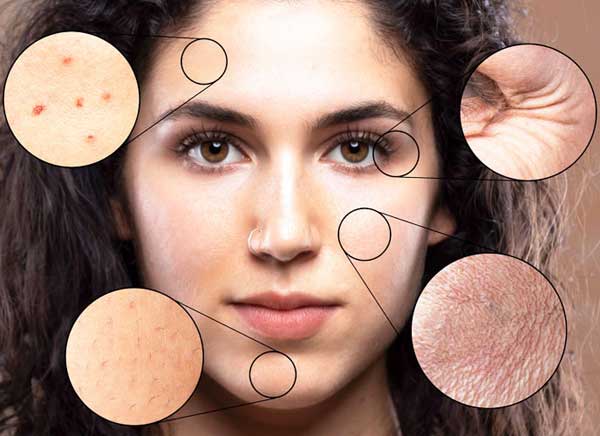
Dermavision - The Skin Clinic is a cutting-edge medical facility located in the heart of Delhi. We provide a wide range.
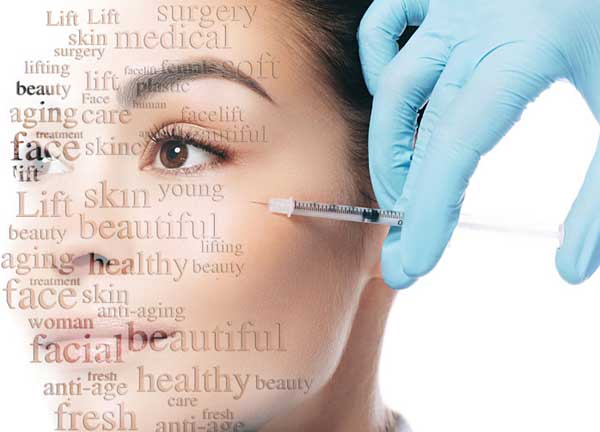
Dermavision - The Skin Clinic is a cutting-edge medical facility located in the heart of Delhi. We provide a wide range of dermatological, hair & aesthetic solutions, all of which are safe.
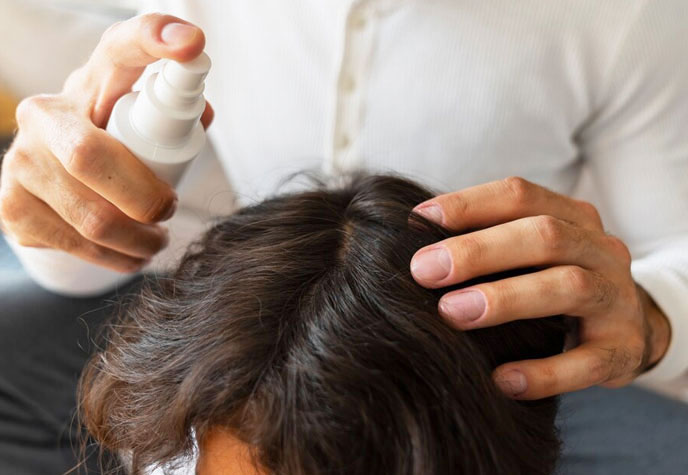
Dermavision - The Skin Clinic is a cutting-edge medical facility located in the heart of Delhi. We provide a wide range of dermatological, hair & aesthetic solutions, all of which are safe.Dermavision - The Skin Clinic is a cutting-edge medical facility located in the heart of Delhi. We provide a wide range of dermatological, hair & aesthetic solutions, all of which are safe.
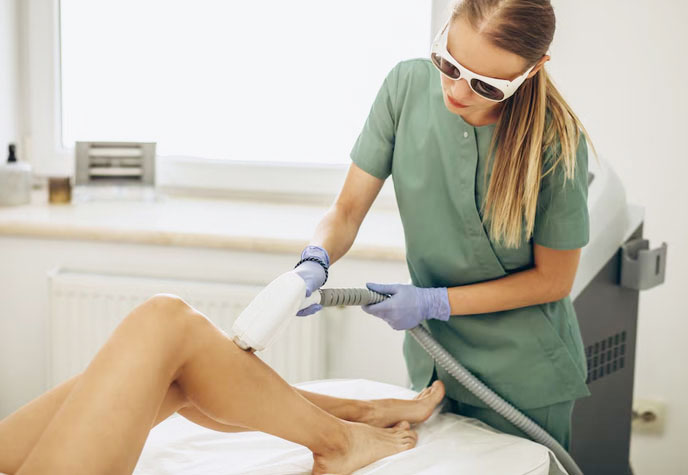
Dermavision - The Skin Clinic is a cutting-edge medical facility located in the heart of Delhi. We provide a wide range of dermatological, hair & aesthetic solutions, all of which are safe.
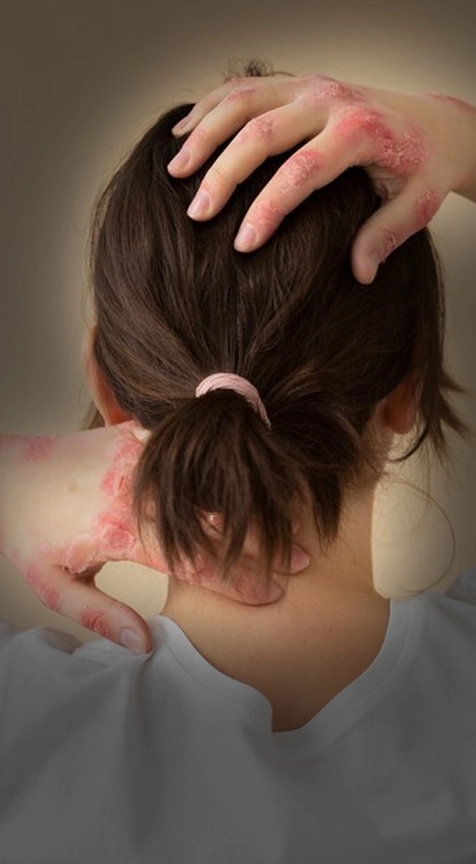
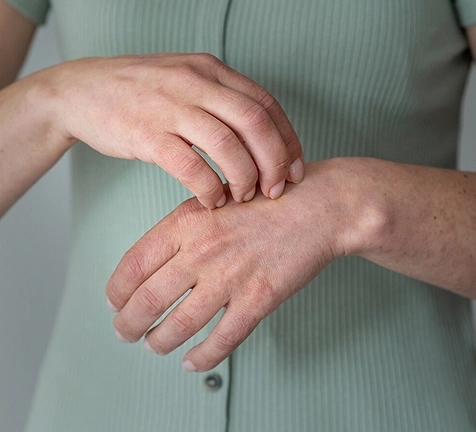
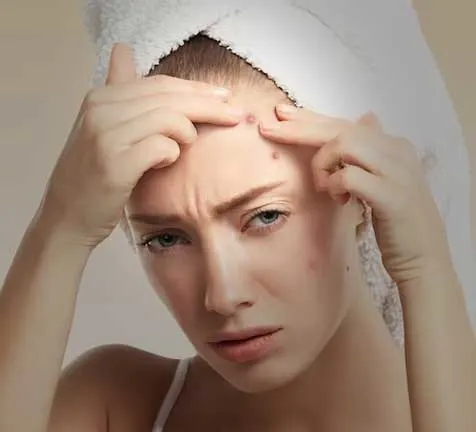
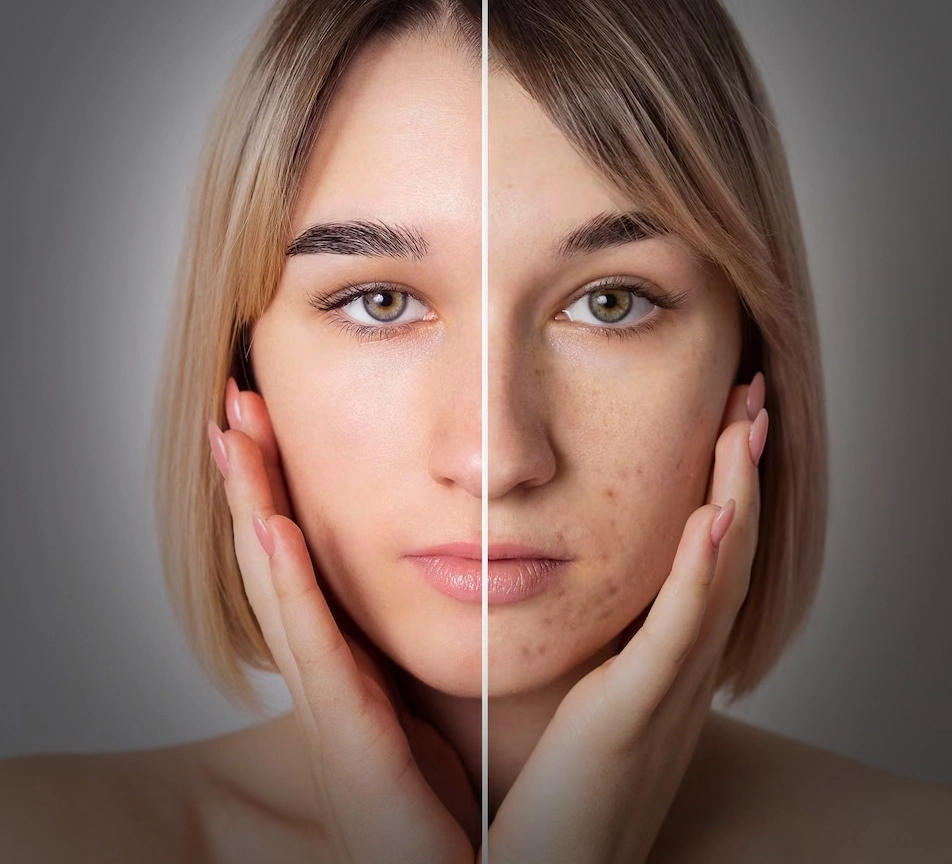
I am going to share My experience with Dr Kiran gupta, I visited this place on June 23, i was very stressed about my hair fall, Dr Kiran, very calmly adviced me not get worried, and started my Treatment, Today 26 Aug 23, it's my 3rd visit here, and i am 💯 satisfied with her valuable time for me, and the treatment she is done.
Dr. Kiran Gupta one of the best doctors ever. She is really very helpful, dedicated and reasonable. She is always available for his patients at any time. He gives you proper guidance as per your skin infection. I would highly recommend to all my family and friends.
Dr Kiran is best dermatologist in our place. She is very calm, patient and supportive. I have been treated by her last 6 months and I had wonderful experience highly recommended by me.
Dr Kiran Gupta is the prominent n best in her work. I usually gets skin infections. She did miracle in it as I recovered so fast n even not charged like other does. I m fan of urs mam. Thankuu so muchhh really. 🙏 Highly recommended.
A dermatologist is a medical doctor who specializes in diagnosing and treating conditions related to the skin, hair, nails, and mucous membranes. They are trained to treat a wide range of skin conditions, including:
Dermatologists also perform procedures such as skin biopsies, cryotherapy (freezing), excision of skin lesions, laser therapy, and cosmetic procedures like Botox injections and dermal fillers. They play a crucial role in both diagnosing and managing various skin conditions to improve the health and appearance of their patients' skin.
When visiting a dermatologist, you can expect the following:
Overall, your visit with the dermatologist will be focused on addressing your skin concerns, providing a diagnosis, and developing a treatment plan to improve the health and appearance of your skin.
You should consider seeing a dermatologist if you experience any of the following:
In summary, if you have any concerns about your skin, hair, or nails, or if you notice any changes or abnormalities, it's a good idea to schedule an appointment with a dermatologist for evaluation and appropriate management. Early detection and treatment of skin conditions can help prevent complications and improve outcomes.
Several factors can increase a person's risk of developing skin cancer. These risk factors include:
It's important to note that having one or more risk factors does not necessarily mean that a person will develop skin cancer, but it does increase the likelihood. Taking preventive measures such as practicing sun safety, performing regular skin self-exams, and scheduling regular skin cancer screenings with a dermatologist can help reduce the risk and detect skin cancer early when it is most treatable.
Acne is a common skin condition that occurs when hair follicles become clogged with oil and dead skin cells, leading to the formation of pimples, blackheads, and whiteheads. Several factors contribute to the development of acne:
Acne can manifest in various forms, from mild to severe, and may require different treatment approaches depending on its severity and underlying causes. Treatment options may include topical medications, oral medications, lifestyle modifications, and skincare routines tailored to individual needs. Consulting a dermatologist can help determine the most appropriate treatment plan for managing acne effectively.
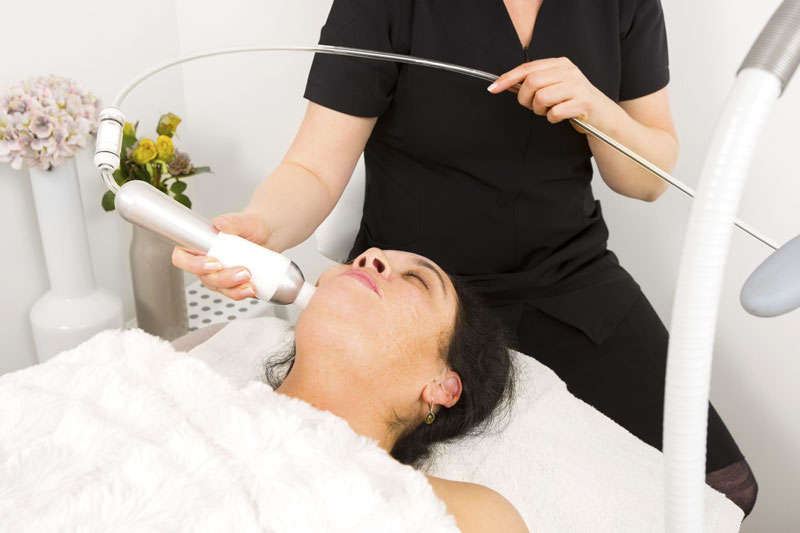
With the constantly changing world and beauty skincare world in general, the Q-Switch Laser treatment is breaking the mold for those in pursuit of a brighter.

Sexually transmitted diseases (STDs) are a sensitive yet very serious matter in individual health and public consciousness.
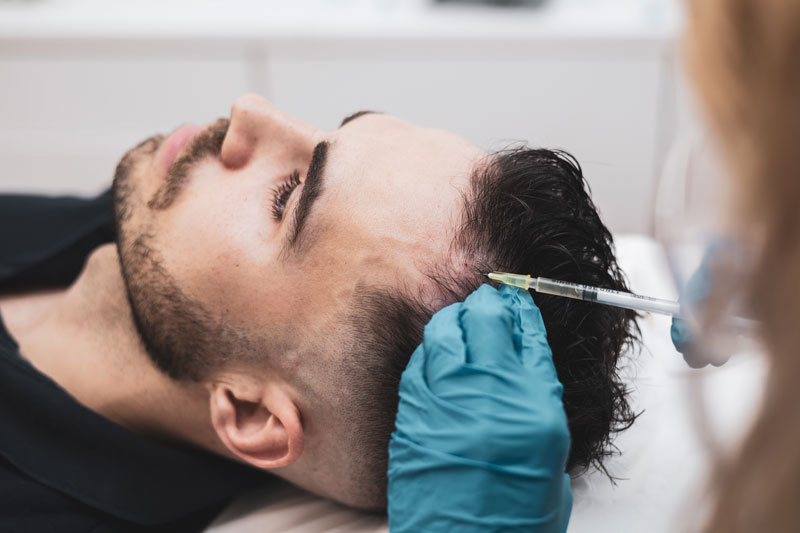
Hair loss is infuriating, whether it’s gradual thinning or acute loss. It affects self-confidence, self-esteem, and overall quality of life. While there are many products available in the market.